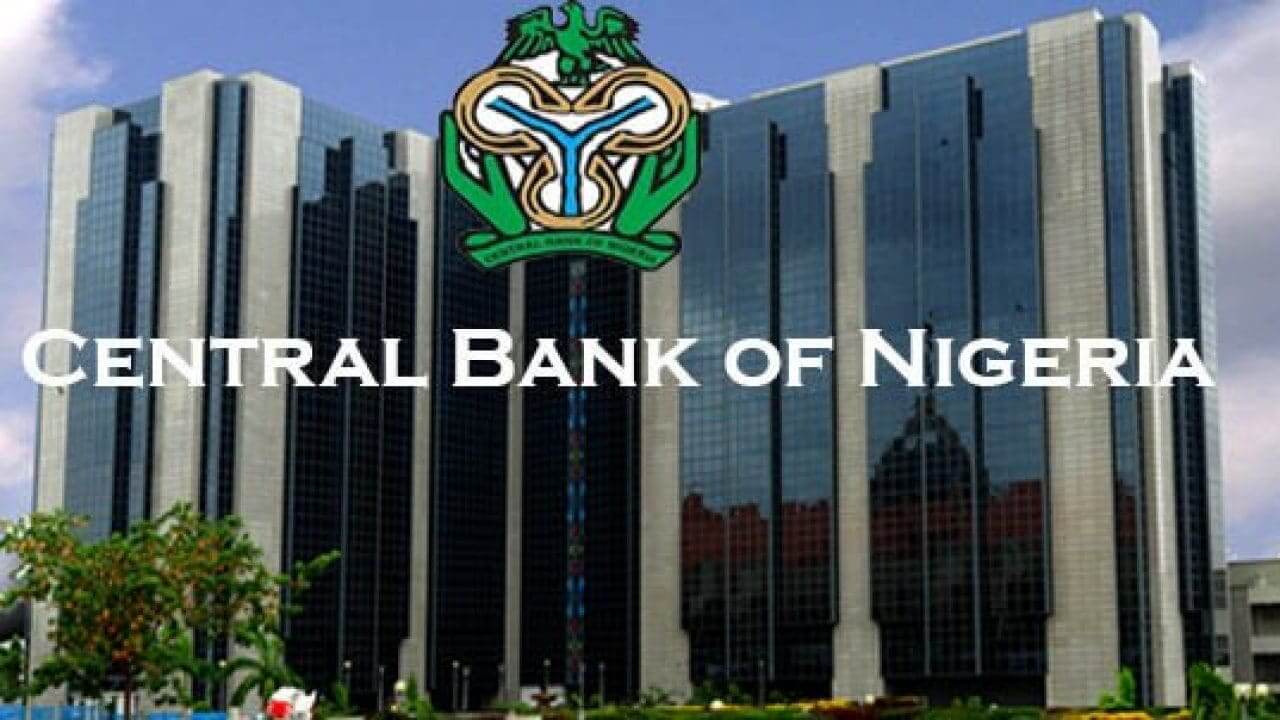The Nigerian naira (cNGN) stablecoin has been cleared for launch by the Central Bank of Nigeria (CBN). The Africa Stablecoin collaboration (ASC), a collaboration of Nigerian financial institutions, fintechs, and blockchain professionals, will power the cNGN, which will be introduced on February 27, 2024.
The ASC, which is comprised of a partnership of Nigerian banks and fintech operators, announced in a blog update on January 4 that the cNGN stablecoin meets the regulatory standards and requirements established by the CBN, the Nigerian Securities and Exchange Commission, and the Nigerian Financial Intelligence Unit.
The organization also stressed their continued collaboration with these regulatory agencies to ensure compliance, protect consumer interests, and preserve openness in their operations.
The cNGN is intended to supplement, rather than replace, the eNaira, the CBN’s central bank digital currency (CBDC). Unlike the eNaira, which was built by the CBN with broader powers, the ASC is in charge of the cNGN.
The stablecoin is compatible with strategic blockchains such as Bantu and BNB Smart Chain, and plans are in the works to increase its compatibility across key blockchain networks.
The cNGN token, which is tied to the Nigerian naira 1:1, aims to simplify global transactions between the naira and digital currencies. It is supported by Naira reserves held in approved commercial banks.
The stablecoin is designed to facilitate international transactions for Nigerians living abroad by providing a low-cost alternative to existing remittance systems.
The approach is consistent with the Central Bank of Nigeria’s updated attitude on cryptocurrency. The lifting of the 2021 restriction on Nigerian banks’ engagement in cryptocurrency transactions was revealed in a circular issued on December 22, 2023, recognizing the rising worldwide trend and inevitable integration of cryptocurrencies in Nigeria’s financial environment.
Nigeria’s road toward digital currency began in 2012, with the implementation of a cashless policy. The program aimed to improve the payment system’s efficiency, cut the costs of financial services, and increase the effectiveness of monetary policy by lowering reliance on cash transactions.
However, despite the fact that roughly 40 million individuals in the country require a bank account, the adoption rate of cNGN’s predecessor, CBDC eNaira, has remained low since its inception on Oct. 25, 2021. The central bank of Nigeria has sought to persuade citizens to use CBDC, but the digital currency has only attracted one in every 200 citizens.












Leave a Reply